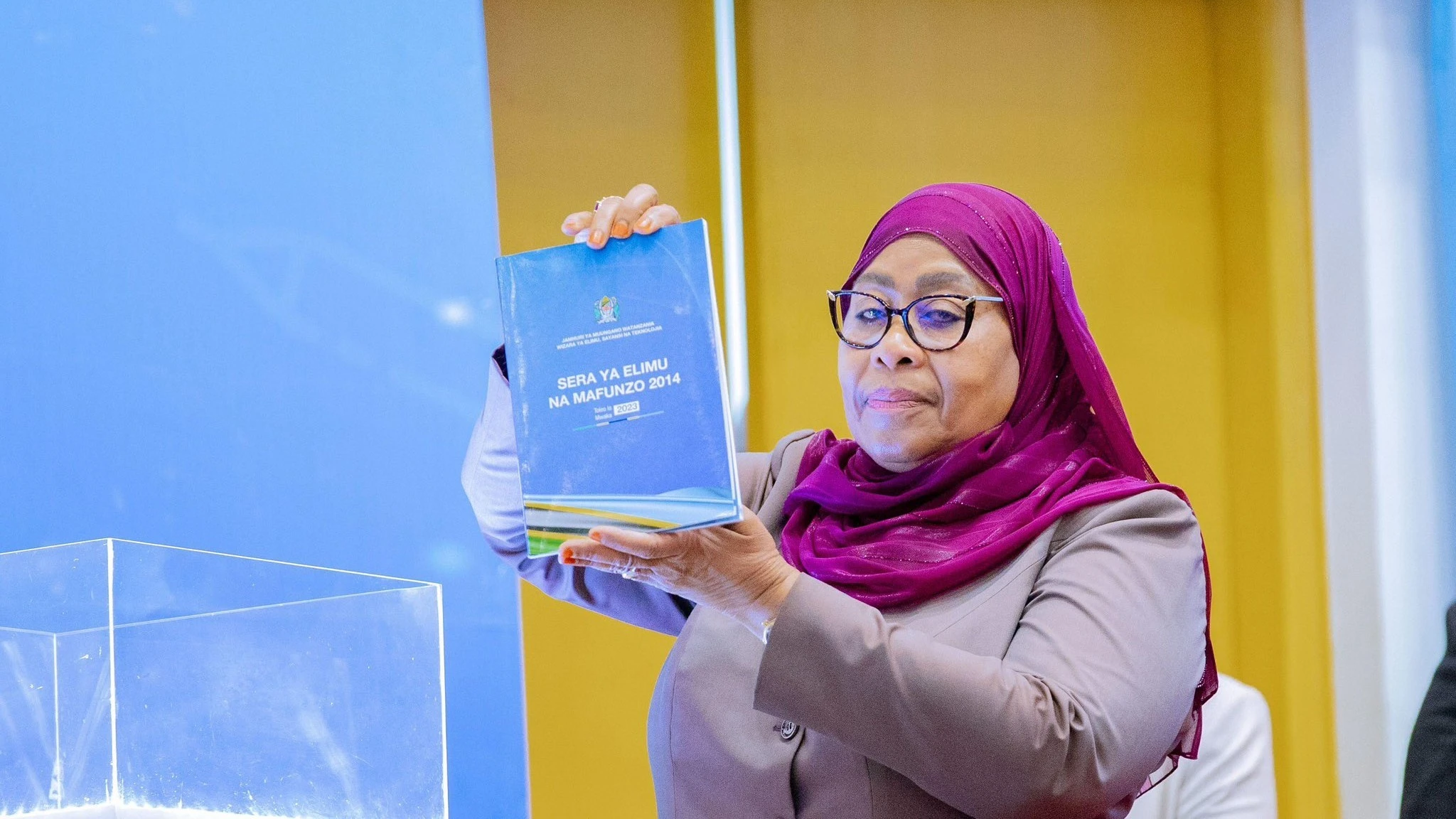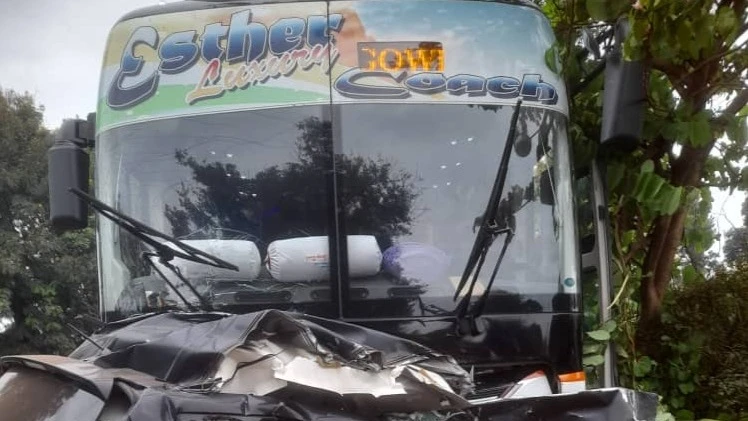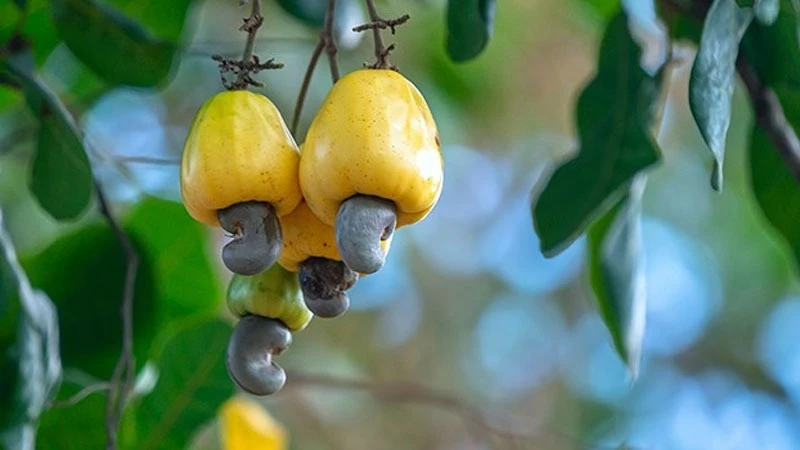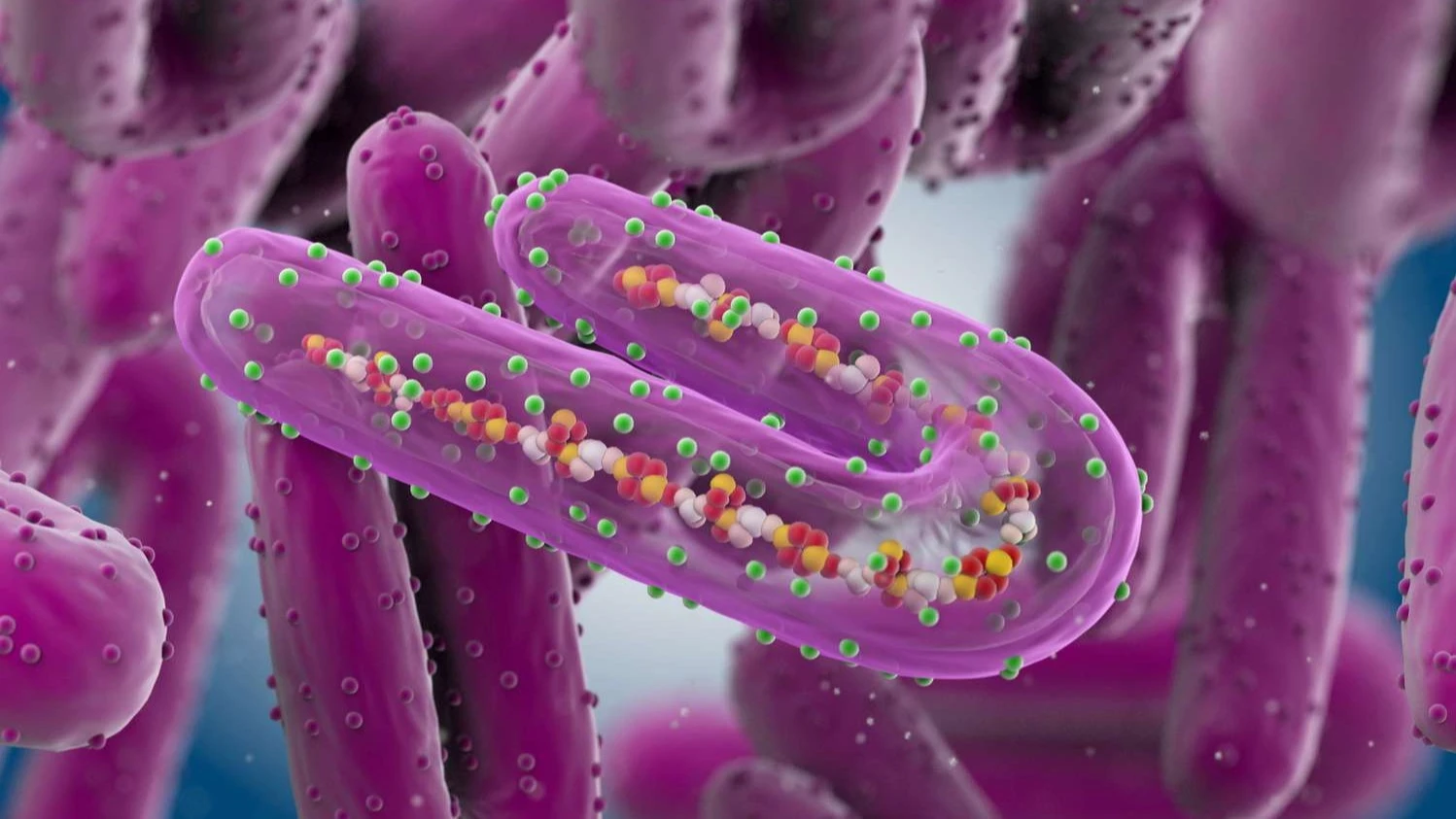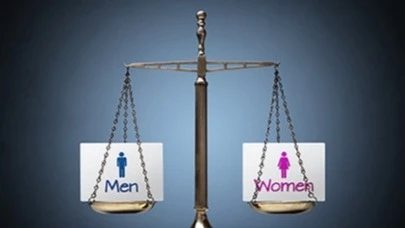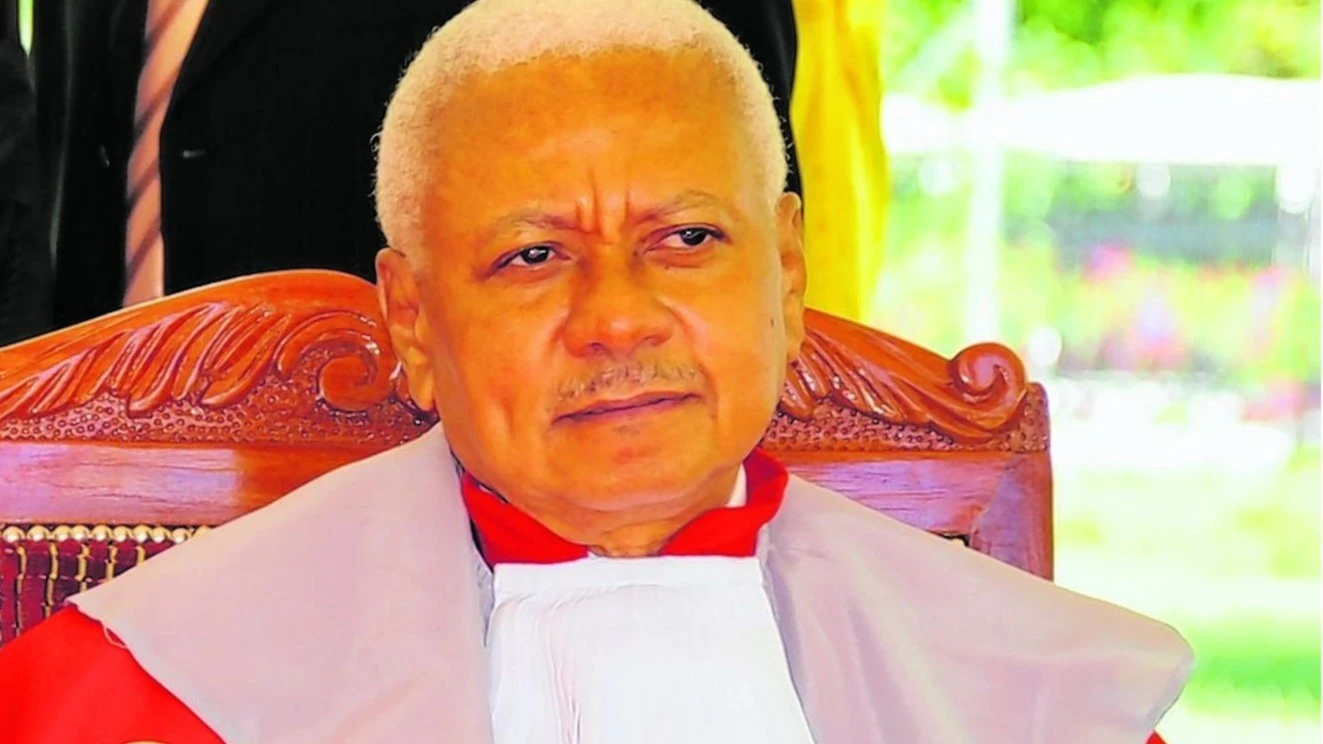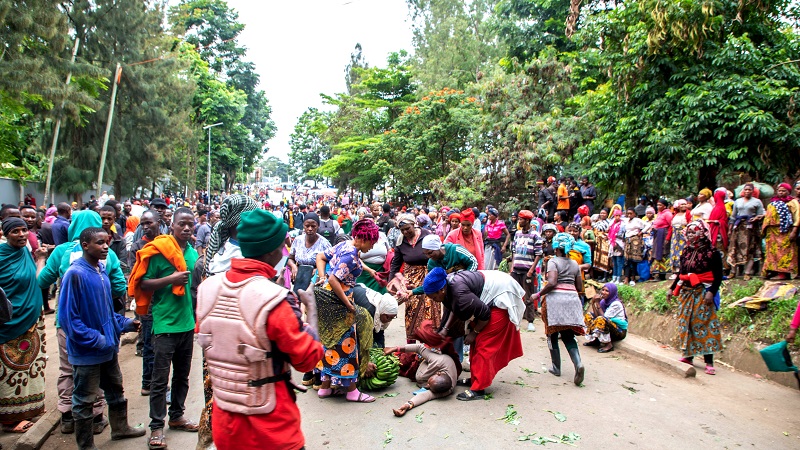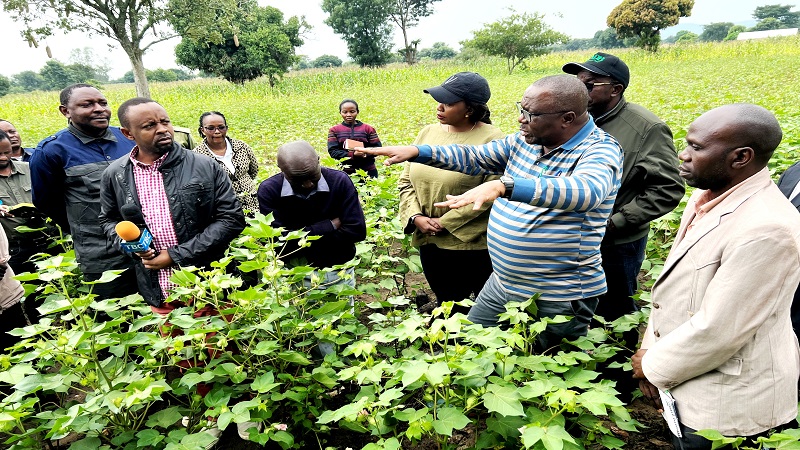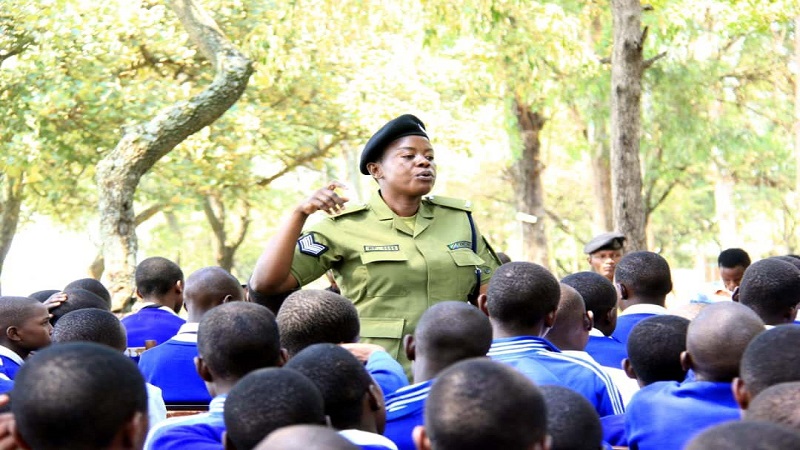EACOP, traditional leaders chat protection of community rights
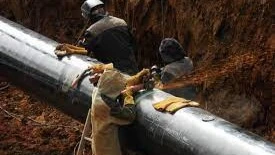
THE East African Crude Oil Pipeline (EACOP) project has brought together traditional leaders from indigenous groups to discuss implementation of international laws that protect the rights of local communities.
Held in Arusha recently, the meeting was part of the project’s quarterly review meeting to heighten protection of rights, particularly heritage, resources and cultures.
Speaking to reporters soon after the meeting, Fatuma Msumi, community engagement leader for EACOP in Tanzania, said discussions centred on the project’s progress, future plans and prohect implementation.
“The meeting brought together 103 traditional leaders from Waturu, Wamasai, Wakiha and Wabarbaig tribes, representing 29 villages across nine councils and seven districts, including Handeni, Kondoa, Kilindi, Simanjiro, Kiteto, Kondoa Hanang and Igunga,” she said.
She expressed pride in the project’s implementation, highlighting that it has proceeded without complaints from affected communities because of respecting their customs and traditions and their fundamental rights.
The meeting covered a range of topics, including general project report, updates on pipeline construction, land acquisition, measures to restore and enhance livelihoods of those impacted and reports on human rights and grievance management.
Benson Lukuta, member of EACOP Management Team in the Ministry of Energy, noted that the meeting provided a platform for dialogue on issues affecting the communities during project implementation, prioritising their rights, customs and general way of life.
“EACOP actively involves local communities in sustainable development initiatives, prioritising employment opportunities for residents affected by the project, thus promoting national economic growth,” he said.
James Gejaru, Barbaig tribe leader, appreciated EACOP’s commitment to prioritising communities affected by the project.
He highlighted the project’s sensitivity to their culture, particularly the decision to reroute the pipeline away from the burial site of a traditional leader.
Shindaria Kishaida, chairman of the Datoga Community, praised EACOP for its efforts to include indigenous peoples and keep them informed about the project's progress.
“Our main task is to educate our communities about developments of the project and the employment opportunities available, including training for our youth to prepare them for work in the construction process,” Kishaida said.
EACOP project aims to construct a pipeline transporting crude oil from Hoima in Uganda to Chongoleani in Tanga, spanning 1,443 kilometres with 1,147 kilometres in Tanzania and 296 in Uganda.
Key stakeholders in EACOP Total Energies which holds 62 percent stake, Tanzania Petroleum Development Corporation and Uganda National Oil Company hold 15 percent each while Chinese oil company CNOOC holds 8 percent stake.
Top Headlines
© 2025 IPPMEDIA.COM. ALL RIGHTS RESERVED








